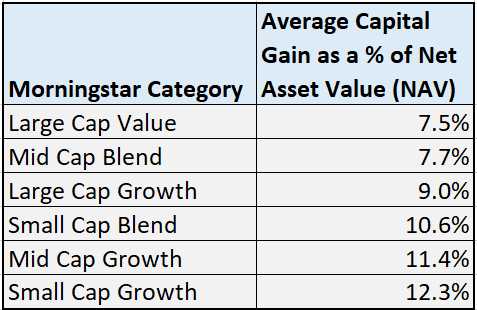Volatility has surged in financial markets, as investors react to the potential economic and earnings fallout from the rapid global spread of the coronavirus. Given what has been historic volatility, we wanted to provide you with a market update that helps to separate fact from fiction and put this market turmoil in the appropriate context.
Over the past month, equity markets have dropped sharply as new cases of the coronavirus burgeon around the world. That is the primary, but not the only, reason for the recent declines. As of this writing, there are just over 200,000 cases of coronavirus worldwide, 100,000 of which are still “active cases.” In the United States, there are approximately 7,000 coronavirus cases.
On March 9, U.S. markets and the economy were dealt another surprise blow, when Saudi Arabia effectively abandoned OPEC-mandated production levels and began to dramatically discount oil prices and increase oil production. The move was in direct response to Russia not agreeing to comply with proposed “OPEC+” production cuts, and essentially, an oil price war broke out between the two countries (Saudi Arabia and Russia) that saw oil futures collapse nearly 25% in a single day.
In the past, low oil and gasoline prices would have been a positive for the U.S. economy, but a lot has changed in the past few years. The U.S. is now the largest oil producer in the world, and the U.S. energy industry is valued at more than $340 billion. With oil prices so low, many U.S. energy firms will have to reduce production and payroll, which will hit both earnings and the economy. This oil price war directly contributed to the markets taking another leg lower during the week ended March 13.
Finally, in the days leading up to this writing (March 18), stocks have dropped even further in response to the extreme social distancing measures being implemented across the country. These measures, which include the cancellation of virtually every major sports season, travel bans from Europe and parts of Asia, the closing of bars and restaurants, the mass instituting of work-from-home practices, school closures, and curfews, are intended to stop the spread of the coronavirus. Yet they also will have a significant and negative economic impact on the travel, leisure, beverage and restaurant industries to name just a few of the segments that will be hardest hit. The cumulative impact of these measures materially increases the chances of a recession in 2020, which is something virtually no one thought possible just six weeks ago.
Positively, the U.S. government is acting to support the economy and that support has ramped up dramatically in the last few weeks. There are two economic supports bills that are currently making their way through Congress and a third has already become law. Each is designed to help a portion of our population bridge the economic gap until the spread of the virus peaks and begins to decline.
The Federal Reserve, meanwhile, has cut interest rates to zero percent to help the economy. The Fed also has implemented several important measures to provide short-term cash for corporations and to ensure there’s plenty of capital for the broader banking system. Those measures are working to help keep the banking and financial systems functioning in an orderly manner.
Yet despite this support, which is an important economic positive, the world understandably looks very scary to many people right now.
Across the nation, and the world, roads are mostly empty, office buildings are vacant, schools are closed and normal life as we have known it has largely shut down. Yet it’s important to remember that this historic market volatility, along with these societal disruptions, are temporary. At some point, the spread of the virus will peak and begin to recede.
Similarly, these social distancing measures, while unsettling, are also only temporary. Our children will once again return to school and adults will return to work. Air travel will resume, cruise ships will set sail again, and the U.S. economy, which is by far the most flexible and resilient in the world, will recover.
Over the past several weeks, we’ve witnessed near panic, both in regular society as well as financial markets. But as we all know, the worst thing to do during a panic is to panic. That’s because panic leads to hasty, short-term decisions that jeopardize your long-term best interests.
Meanwhile, shares of some of the most-profitable, well-run companies in the world are now trading at substantial discounts to levels of just a month ago, and history has shown us that over the longer term, these tumultuous episodes can create fantastic investment opportunities, and some of the most ideal buying conditions the market can offer.
As has been said many times over the past few weeks, we are all in this together. That’s why we remain committed to helping you navigate this difficult environment—and always maintain the primary goal of ensuring you achieve your long-term financial objectives.

